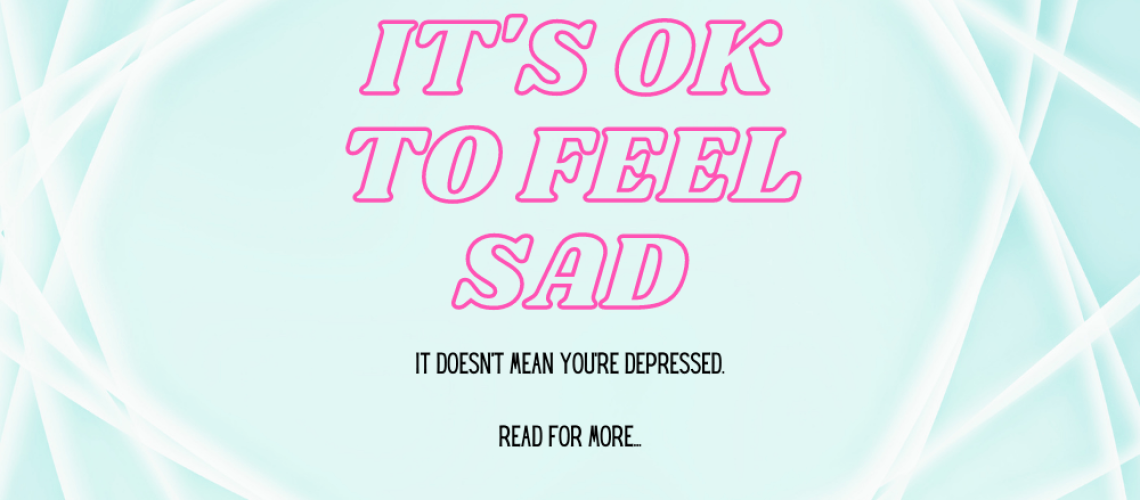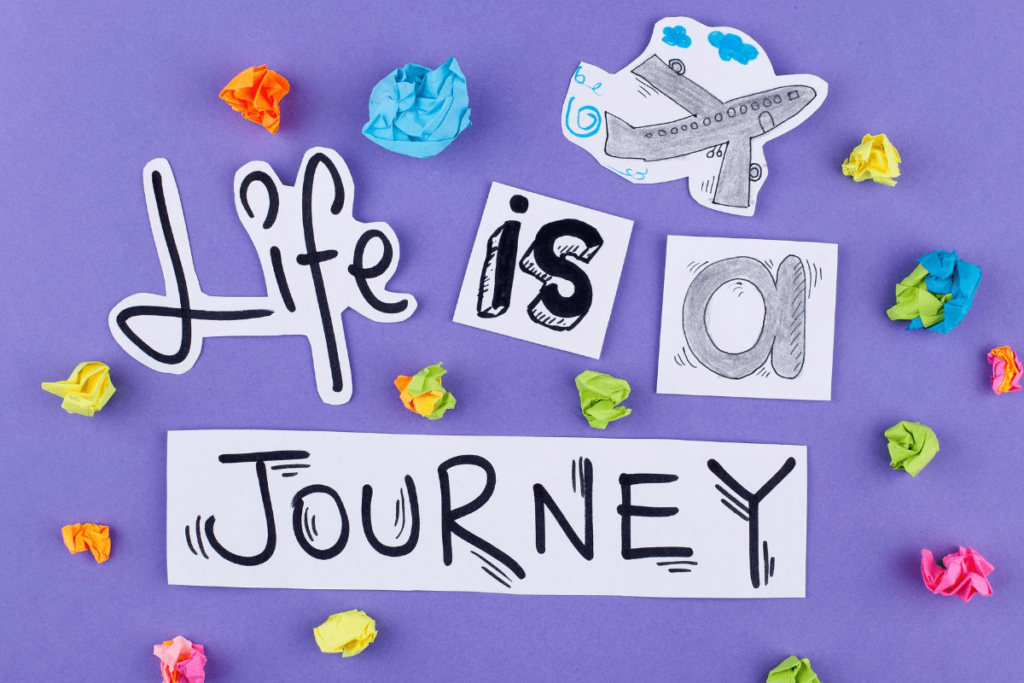So I had a session with a client a couple of weeks ago who was feeling sad because she lost their sister a year ago to cancer. Her sister was living in Spain when she passed, and she was triggered in session by a memory of her. She started to cry. Her first words as she was crying were, “I’m sorry.” She was apologizing to me for feeling something. Please don’t ever apologize for feeling.
We need feeling to motivate us. We need feeling to guide us. We need feeling to inspire us.
When people think of people crying, they usually think of therapy and not coaching. Coaching is uplifting! To create our future! To design a life of happiness and unicorn turds! Rah rah rah!
Let me set the record straight that there is an ocean of tears in coaching. And you know what?
It’s ok.
Tears don’t mean you’re weak.
Tears don’t mean you need to see a therapist.
You don’t need to apologize for your tears.
That same week after that session, my father died by suicide.
Grief
I want to take a pause here to point out for the folks in the back that I said “died by suicide,” and not “committed suicide.” You can’t commit a sin if you’re mentally ill and sometimes act in ways that are triggered by an actual chemical imbalance.
For example, did you know that diabetics are more likely to be diagnosed with depression and other mental illnesses? In 2010, it was thought that the reason for this was the lower quality of life, sugar checks, medications, blah blah. Today we know the majority of serotonin (one of the happy hormones) is primarily made in our gut. So when glucose interferes with that process in diabetics…BOOM! Depression. Before my dad’s death, he was having trouble stabilizing his blood sugar, a coincidence? That’s for another post…
Anyways, grief isn’t just about death. It can be about losing a job, getting divorced, ending a friendship, or when something doesn’t go as planned. People process grief differently. In some cultures when someone dies, people wear black and generally are sad. In others, they wear red and celebrate life. Grief is not only cultural, it’s also individual just like your feelings.
Elizabeth Kubler-Ross developed Stages of Grief:
Difference Between Sadness and Depression
When we feel sad, it’s often a normal response when something negative, disappointing, or upsetting happens. Sometimes we cry when we’re sad and other times we may just feel down or gloomy for a brief period of time. The key here is that feeling sad is temporary and often triggered by something specific like when my client thought of her sister or me processing my father’s death.

Depression is much more intense. It’s when for a two-week period or longer you “feeling down” interrupts your life in a way where you are not functioning the way you normally would. I’m talking about not showering, sleeping all day, skipping work, not eating, etc. And the kicker is there doesn’t have to be a trigger at all. People who are clinically depressed sometimes can have awesome lives and don’t understand why they feel the way they feel so intensely. Sometimes depression can be triggered by body changes such as having a baby or receiving cancer treatments. It can be caused by substance abuse, trauma, or a stressful life event like losing a job, or a significant person in your life. Clinical depression can be lonely, scary, and also can be life-threatening. It may require psychotherapy, medication, and a lot of self-care on the road to recovery.
If you think you may actually be depressed, learn more here
If you having thoughts of harming yourself or others, please reach out to a local therapist or call 1-800-273-TALK
The Strength of Negative Emotion
When you give yourself space to listen to your feelings, you become more aware of their presence and messages.
Whatever those messages are, are your intuition. Use it to guide you. When you literally “feel it in your gut” it means something. Connecting with your feelings can be a powerful tool and give you energy like nothing else.

So the next time you are feeling something, maybe sadness, harness that! Use it to write a song, to motivate you to volunteer for a cause, to take action in your own life. See where it takes you, and don’t shut it out immediately. Try to understand it.
I want to note here, that sometimes we experience intense unwanted feelings for a prolonged period of time. If that happens and those negative emotions are affecting your ability to function in life, that’s when you want to seek professional help.
Here’s Your Permission To Feel Sad
So if you feel sad, it’s ok. You have my permission to feel it. Cry if you feel like it. Talk if you feel like it. Mope and listen to all the Taylor Swift. Write your thoughts and feelings in your journal. Meditate on the meaning behind the feelings. Talk to your support system, find a way to laugh, go for a walk, dance it out, whatever you feel you need to feel it, work through it, and be there for you.

All feelings are important. They give us information on what’s happening inside us in the present moment, what we need, and also what we want. That doesn’t have to be pushed down, ignored, or apologized for.
Where did we get this idea that it’s not ok to express a negative emotion? That feeling sad is a weakness?
To me, it’s a strength. Being in touch with your emotions and knowing how to handle them are skills that can only help you live your best life forward.



